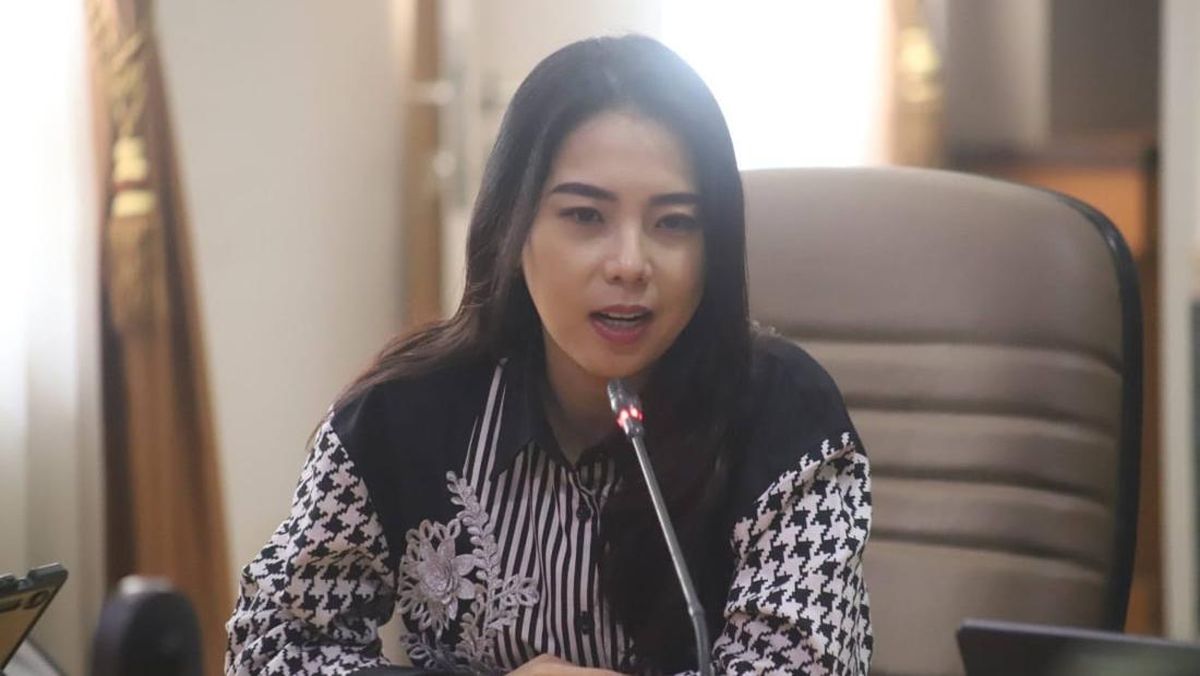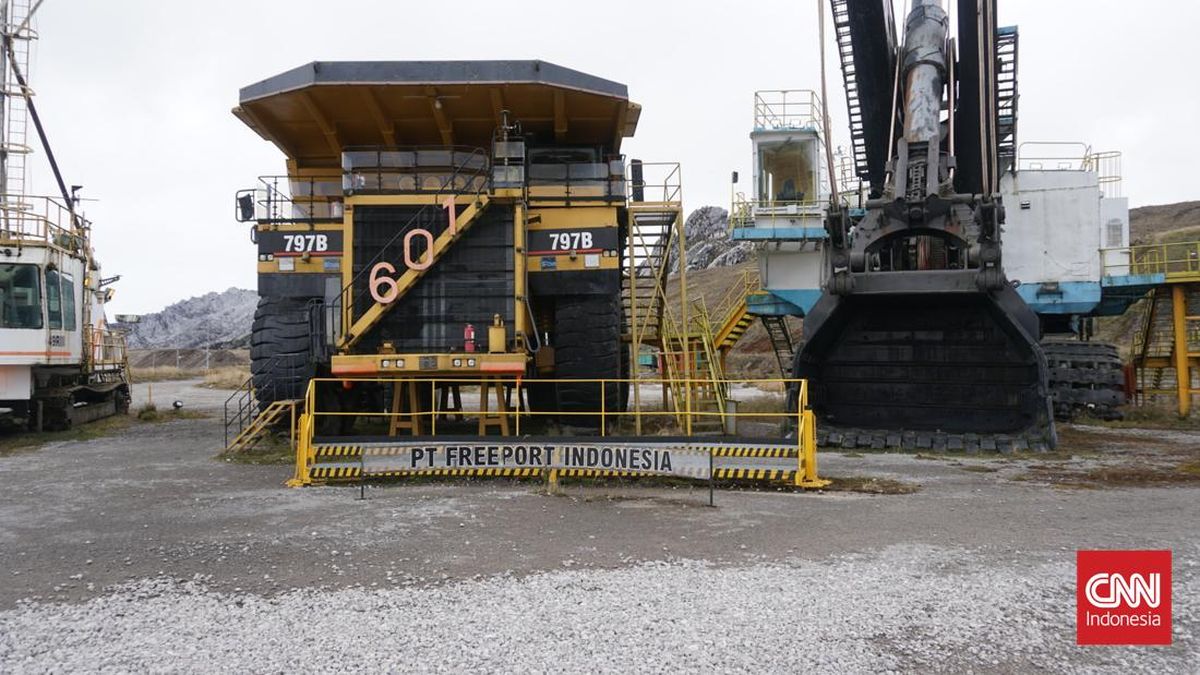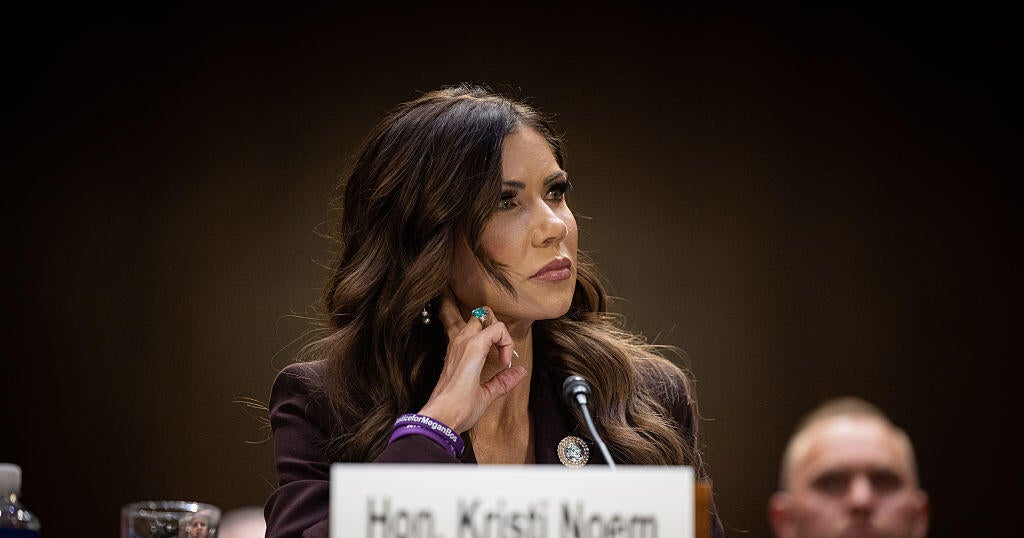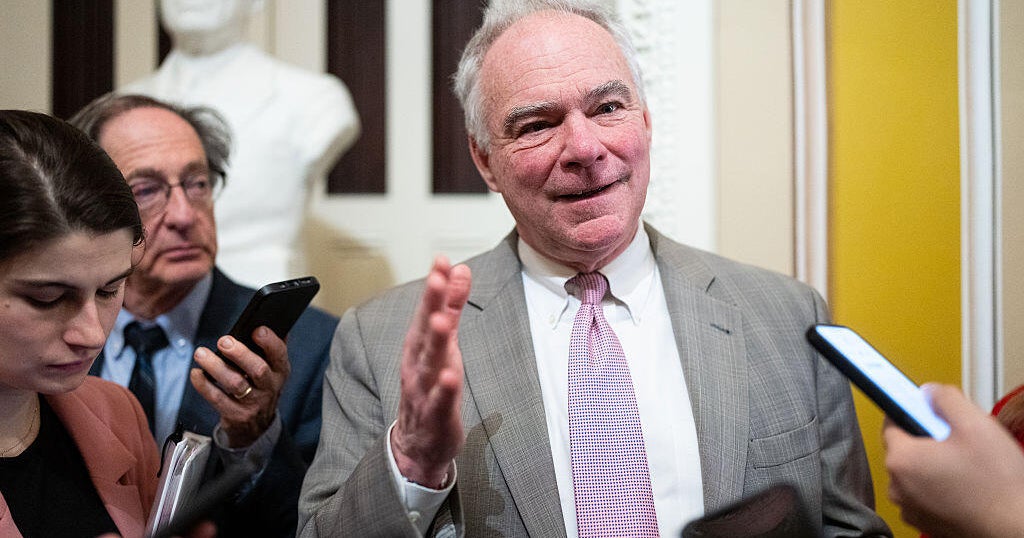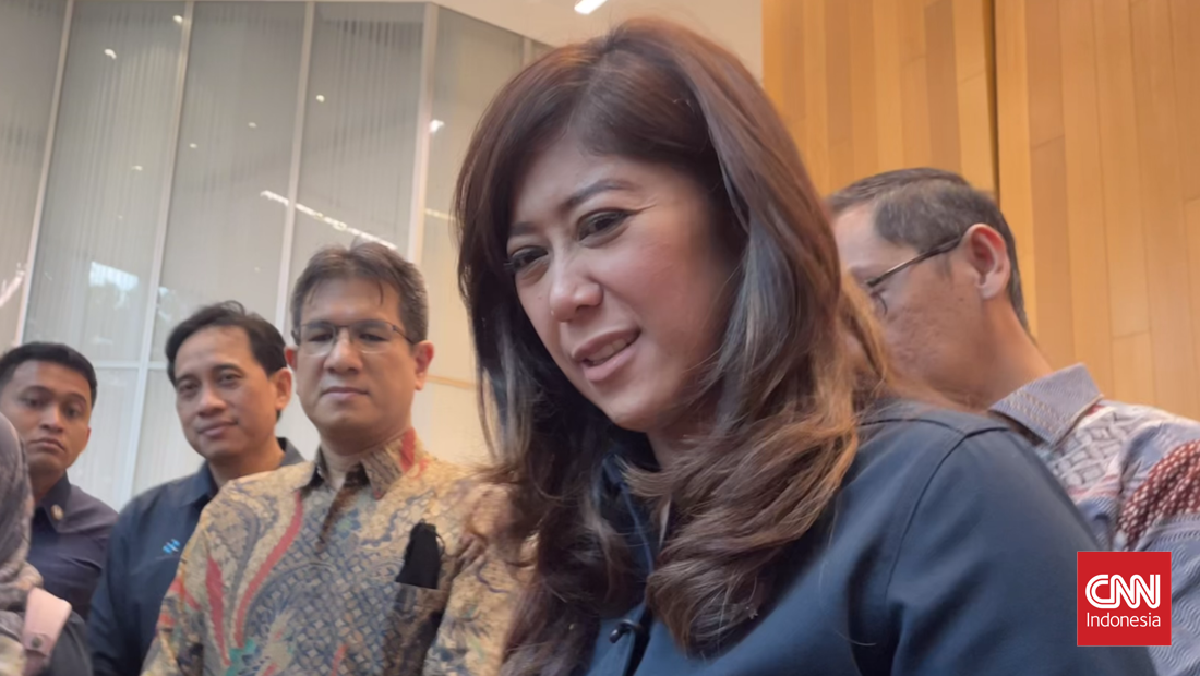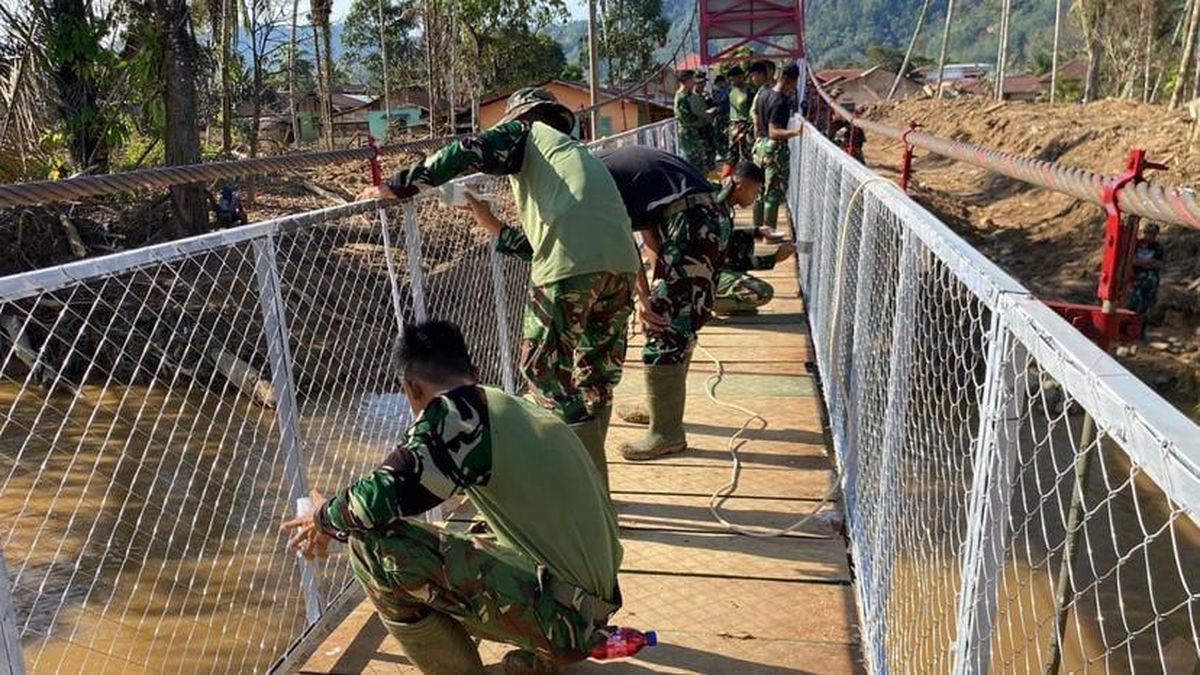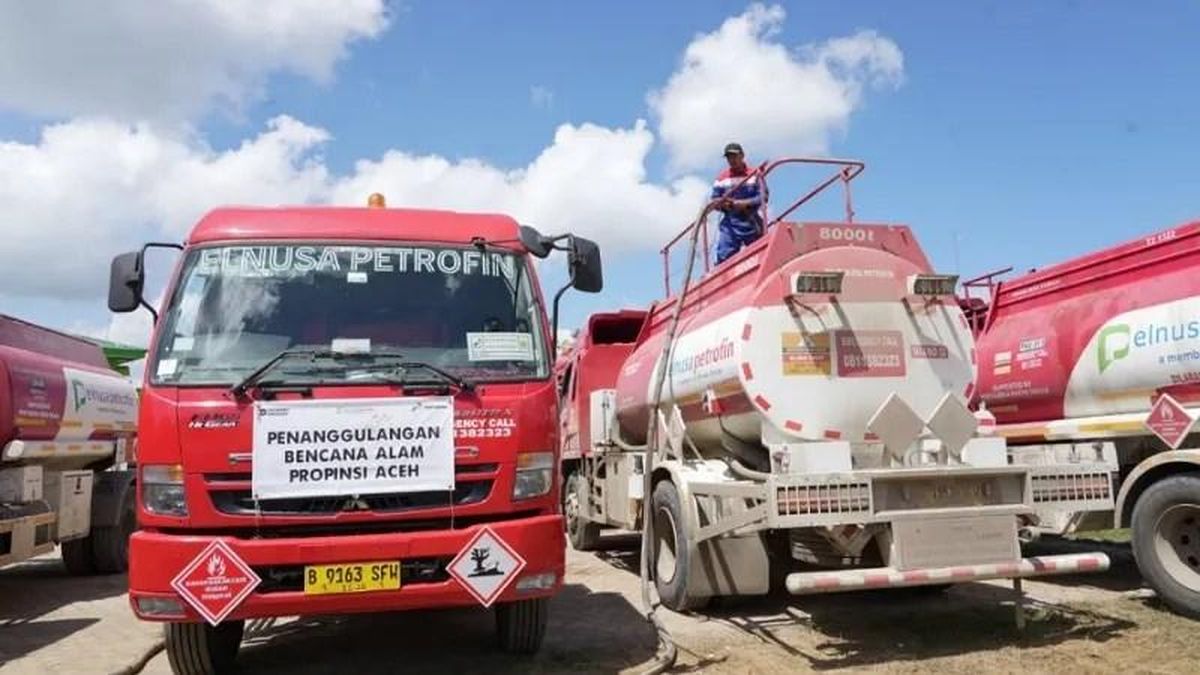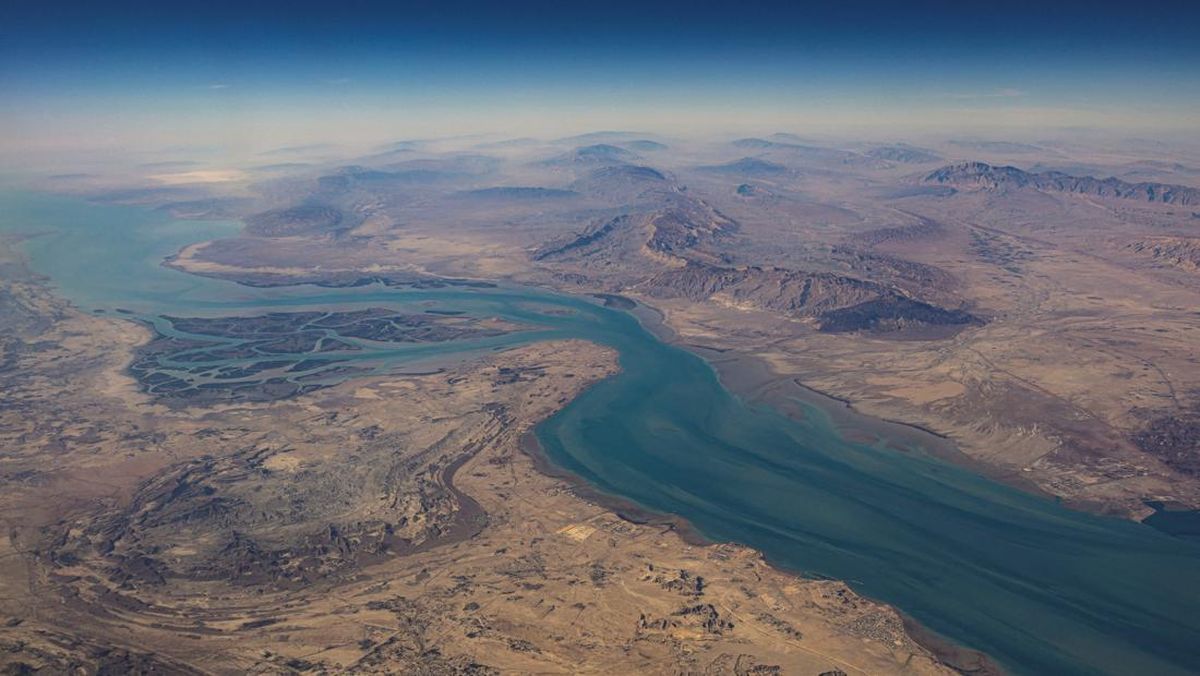A maze of rules on everything from toys to urine storage is costing Australian businesses and their customers hundreds of millions of dollars a year, new research shows, with warnings that without change, the nation’s efforts to lift productivity and cut greenhouse emissions will be stymied.
Just being able to read the necessary standards documentation to install solar panels on a roof sets back tradespeople $1700 in fees, the work by Queensland University economist Flavio Menezes, as part of research for the federal Treasury, has discovered.

Tradies face fees of up to $1700 to access the rules governing the installation of solar panels.Credit: Louise Kennerley
Standards Australia, a government agency that was privatised under the Howard government in 1999 and sold its publishing rights to a publicly listed company in which it held a 40 per cent share, oversees around 9000 standards.
Many of its standards set mandatory rules and regulations around goods and services in fields from mining to construction. Standards Australia, now a registered not-for-profit organisation, continues to sell the rights to companies, tradies and individuals to access these rules and regulations.
A safety standard that specifies which flammable materials are prohibited from toys costs $175.82 to access. That’s the same price as the standard for “urine specimen collection, storage, handling, onsite drug screening tests and, if required, dispatch to a laboratory”.
Loading
Menezes said there was an overwhelming case to change a system that was strangling productivity and climate action.
He said there was no reason for an organisation to effectively charge people to access laws. In the case of solar panel installation, a tradesperson needed to access six separate standards, covering issues such as lightning protection and electrical wiring rules, at a total cost of $1700.
That cost hurts tradies, who are prohibited from even printing a copy of the standards, and their customers, who end up paying the cost of the standard.
“Set against construction and technology industries with turnover in the hundreds of billions, the cost of making standards freely available would be modest – but the benefits to compliance, competition and innovation would be substantial,” he said.
“If Australia clings to bespoke, overlapping and slow-moving standards, consumers will continue to pay more and wait longer for clean technologies, businesses will hesitate to invest, and climate targets will drift further out of reach.”
The Productivity Commission is examining a proposal to align Australian standards with international versions. In its interim report, it found such a move could deliver economic benefits, through reduced costs and access to overseas versions of goods, of between $1.9 billion and $3.8 billion a year.
Much of that cost reduction would flow from businesses not having to meet specific Australian standards or conduct specialist testing to meet local requirements.
In its submission to that inquiry, Standards Australia warned such a move could expose Australia to “unacceptable safety, sovereignty and economic risks”.
Furniture giant IKEA noted that recent standards had caused particular problems and costs.
The toppling furniture standard applies to all furniture of more than 50 centimetres in height and mandates extra warning labels, in-store signage and extra safety information in instruction manuals.

IKEA has found Australia’s specialist standards make life more difficult and expensive.Credit: AP
The American version of the standard covers clothing storage units with a focus on the stability of the product. The Australian standard affects 500 separate IKEA products that involve 50 suppliers across the globe.
“This has included additional supply chain costs, along with significant logistics, resource and cost impacts locally, including the unboxing and labelling of thousands of products already onshore,” it said.
Menezes said as the extra cost of selling digital documents was zero, there was no case for Standards Australia to continue charging access to standards.
Loading
The organisation did make access to the national construction code free in 2015 under the Abbott government. But the standards contained within the code are still paywalled.
He said moving to a default system of using international standards or ones taken directly from another nation, with those wanting a specialist Australian standard required to demonstrate it, was needed.
“Only where there is a compelling, demonstrable local need, such as a distinct climatic condition, a safety risk unique to Australian use, or a clear incompatibility with established infrastructure, should bespoke rules be created,” he said.
Most Viewed in Politics
Loading





